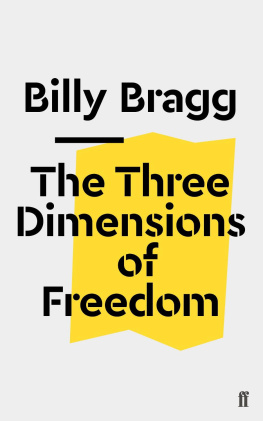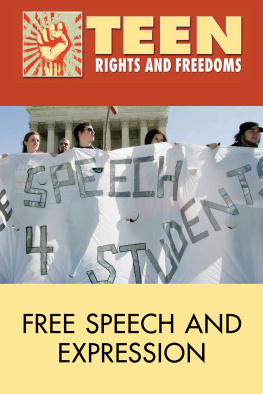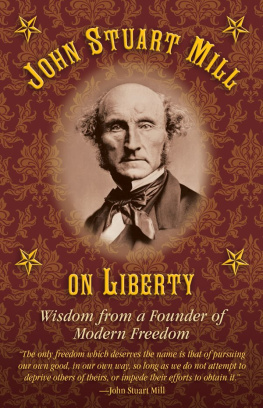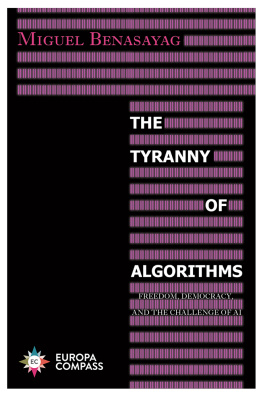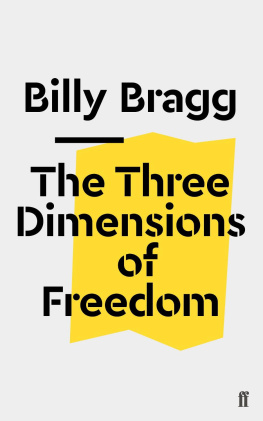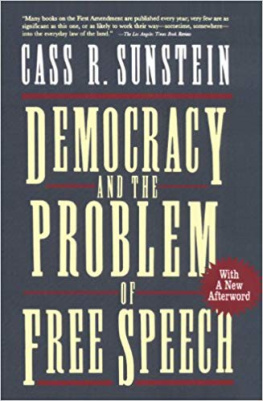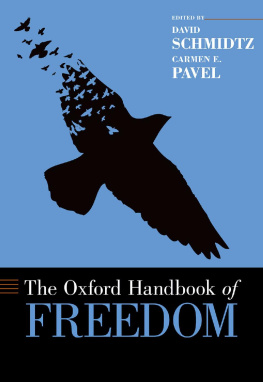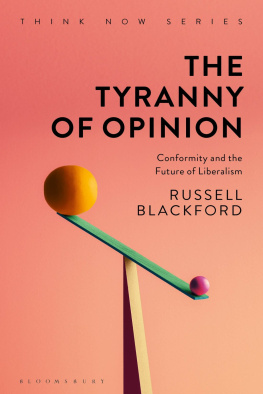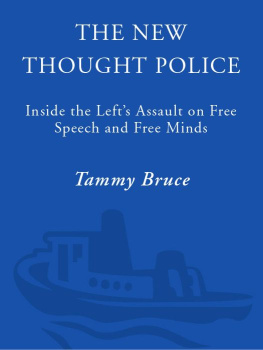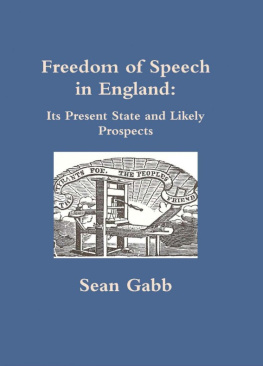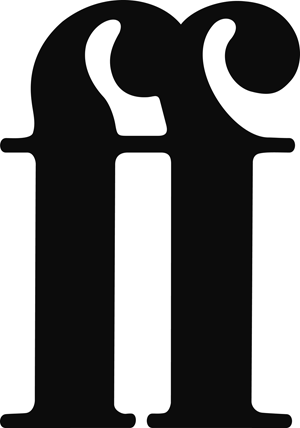When youre a star, they let you do it. You can do anything.
If one meets a powerful person, ask them five questions: What power have you got? Where did you get it from? In whose interests do you exercise it? To whom are you accountable? And how can we get rid of you?
Human beings have never had so much power. Technology has delivered into our hands the ability to talk across continents and see our contact as we do it, to summon myriad points of information at the touch of a screen. It has given us a platform from which to broadcast our opinions. The promise that the world can be tailored to your demands providing youre happy to surrender your personal details and preferences is the new social contract.
Freedom has been repackaged as the right to choose, but genuine choice in housing, in the workplace, at the ballot box is hard to come by. While capitalism has delivered a surfeit of connectivity, the past decades have seen a diminution of the individuals ability to exercise control over their economic situation. This lack of agency has led to the wave of populist anger that is spreading across Western democracies. Voters who could once be relied upon to support moderate policies are fired up with the notion of taking back control.
When progress is swift, the changes unleashed can be destructive as well as emancipatory. Disruption may be a buzzword for tech start-ups, but for those in low-paid work it has a more threatening implication. While technology has liberated debate, taking the national conversation out of the hands of gatekeepers, it has also encouraged polarisation.
Our liberty to express ourselves on social media 24/7 has given us a perception of freedom, but if we hope to escape from the partisan climate in which belligerence is never far from the surface, we must first recognise that liberty provides a one-dimensional notion of freedom.
The ability to say whatever you think, to whomever you want, whenever you choose, without any regard for truth or accountability does not guarantee that an individual is free. If it did, Donald Trump would be freedoms shining paragon. While many may use the terms interchangeably, the presidents Twitter feed is a daily reminder that liberty and freedom are not the same thing.
Liberty is cherished because it empowers us to think, speak and act as we wish, providing the foundation of freedom. However, further dimensions are required to secure that right for the many and to protect it from the powerful. If your liberty is to be more than just a form of privilege, you must recognise and uphold the right of everyone else to think, speak and act as they wish. Without equal respect for the rights of others, liberty becomes nothing more than licence.
Equality provides a second dimension to freedom by requiring the individual to reciprocate the rights that they claim for themselves.
However, just as free speech alone is not sufficient to define freedom, neither does equality guarantee that an individual has agency over their situation. History has shown that emancipation can be followed by circumstances that declare communities to be equal but separate, the newly liberated falling victim to a campaign of deliberate marginalisation.
If we are to be truly free, then liberty and equality need to be enhanced by the addition of a third dimension: accountability. Whereas liberty empowers the individual and equality requires reciprocity, accountability combines both characteristics to create an environment in which freedom is no longer divorced from responsibility.
This third dimension is crucial if we are seeking to engender agency. Liberty gives freedom its focus, equality its scope, but accountability gives freedom its teeth. Morality, having proved an inadequate means of curbing avaricious bankers and dishonest presidents, no longer has the capacity to protect the weak from the strong. Shame has ceased to sting the powerful. Accountability provides us with a fulcrum with which to recalibrate the balance of power.
Over the past five decades, the globalisation of the world economy has weakened the power of regulatory democracy. As a result, immense wealth has been showered on those individuals working in the financial sector, while many in the real economy have faced inequality and exclusion.
Corporations have captured the democratic process, making it increasingly difficult for citizens to vote for reforms that will make the economy work for everyone. Electoral systems deliver results that do not reflect the popular vote; gerrymandering favours incumbent parties; big money twists opinion. And as artificial intelligence plays a greater role in our lives, decisions made by algorithms are raising the question of where accountability lies in the digital sphere.
People are angry. Neoliberalism has proved unable to deliver the standard of living their parents enjoyed in the post-war years: the security of a decent wage; a job for life; an affordable home; and the sense of a bright future. Is it any surprise that, when offered more of the same free market solutions, voters opt for a guy who simply promises to make things great again?
Authoritarianism is on the rise. Demagogues deploy the term fake news to both create division and deflect criticism. In the febrile atmosphere that infects so much online discourse, opinion trumps fact and truth is little more than your perspective on any given day. As a result, freedom has become untethered from its function as a universal principle that protects the individual, and is instead claimed as a fig leaf by those seeking licence to dissemble and abuse.
The key to tackling these problems is accountability: firstly, as a means of restoring agency to the individual; secondly, as the antidote to the power of authoritarians and algorithms.
We live in an age of rage. People feel their voices are ignored by distant elites no longer willing to answer for their actions. This hasnt happened by accident. It is the culmination of a decades-long rearguard action to neuter democracy and marginalise those demanding the three dimensions of freedom: liberty, equality and accountability.
I hear people say we have to stop and debate globalisation. You might as well debate whether autumn should follow summer.
Tony Blair
What do life, liberty and the pursuit of happiness have in common? The obvious answer is that they are all identified as inalienable rights in the United States Declaration of Independence. Yet it is also true that, despite being universally understood concepts, there is no single definition for what constitutes the condition of any one of them. Even more ironic, then, that the Founding Fathers yoked these ideas together as a means of evoking another notion for which we have never had a good definition: freedom.
To the ancient Greeks, freedom meant escape from bondage; in the twentieth century, it was expressed through the right to vote; today, it is sold to us as the pleasure of driving a new-model car at high speed on a winding mountain road. Time has expanded its scope, as each new generation struggles against the axioms of its elders to establish an idea of being free that reflects its own values.
At its most benign, freedom evokes emancipation; at its most dangerous, impunity. For freedom has myriad manifestations, each reliant on circumstance and perspective. In our attempts to capture the most perfect sense of being free, we are apt to use the metaphor as free as a bird, yet the freedom of the bird to feed is incompatible with that of the farmer to grow crops.

